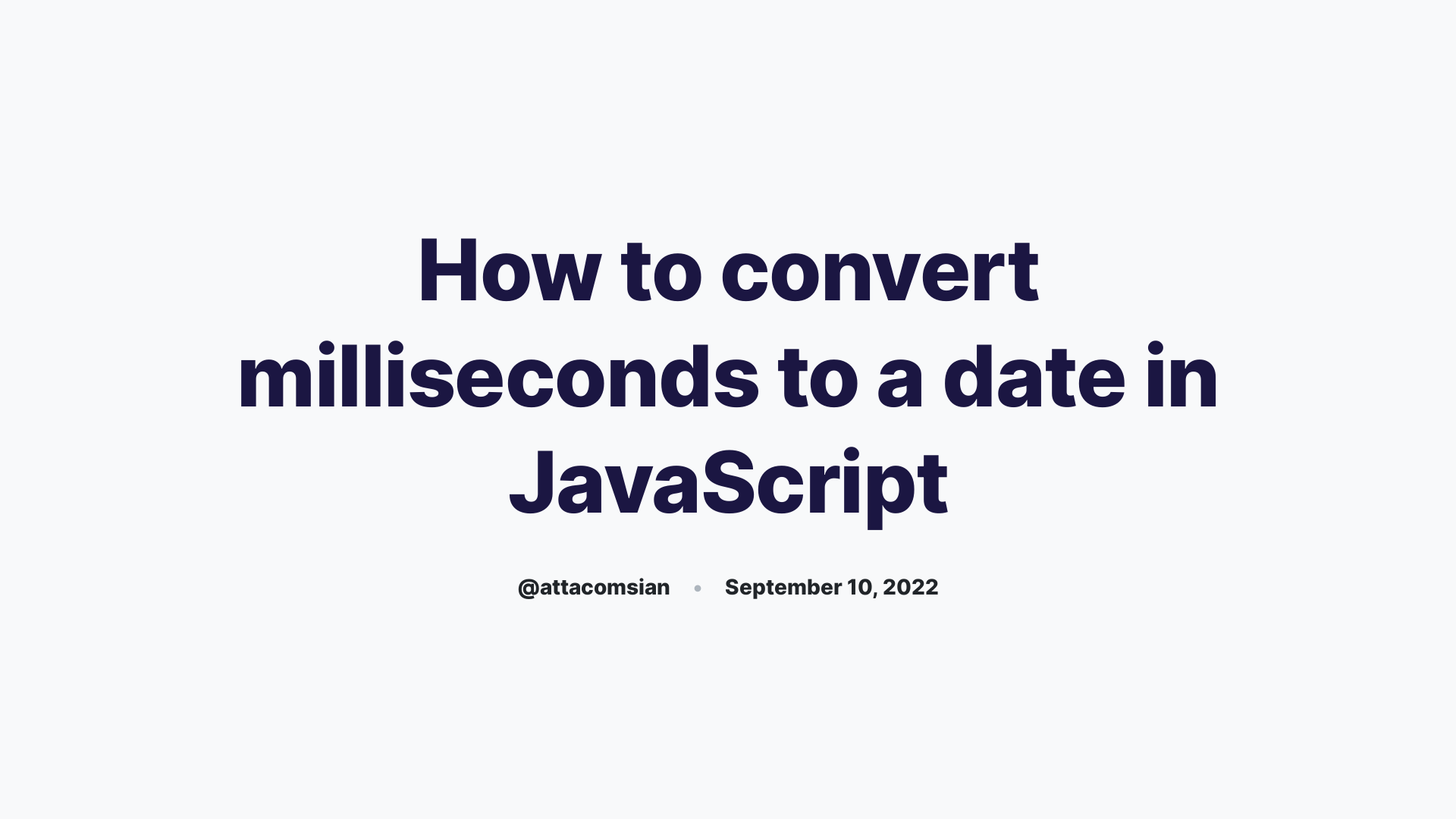
There are a number of options for manipulating the moment object. You can read more about these and other available flags on the project’s homepage.

log ( moment ( "2019 was a great year because I got married", "YYYY-MM-DD" ). isValid ( ) ) // falseīe aware, however, that Moment gives you the possibility to work with partial dates, which might lead to unexpected results. log ( moment ( "not-a-date", "YYYY-MM-DD" ). This will return true if the date is valid, and false otherwise.

In order to perform validation, simply pass a date string to the moment object, along with the desired date format, and call the isValid() method. format ( ) ) Īnother annoying task that Moment.js has greatly simplified is date validation. Moment.js // You have a 'moment' global here const today = moment ( ) console.

Moment.js creates a global moment object which can be used to access all the date and time parsing and manipulation functionality. In order to run Moment.js from the browser, include it using a tag, as shown below. const moment = require ( 'moment' ) const today = moment ( ) console. Then, simply require() and use it in your application as shown below.
JAVASCRIPT DATE CONSTRUCTOR INSTALL
In order to use it with Node, install the module using the following command. Moment.js can be run from the browser as well as from within a Node application. Moment.js is freely available for download from the project’s home page.


 0 kommentar(er)
0 kommentar(er)
